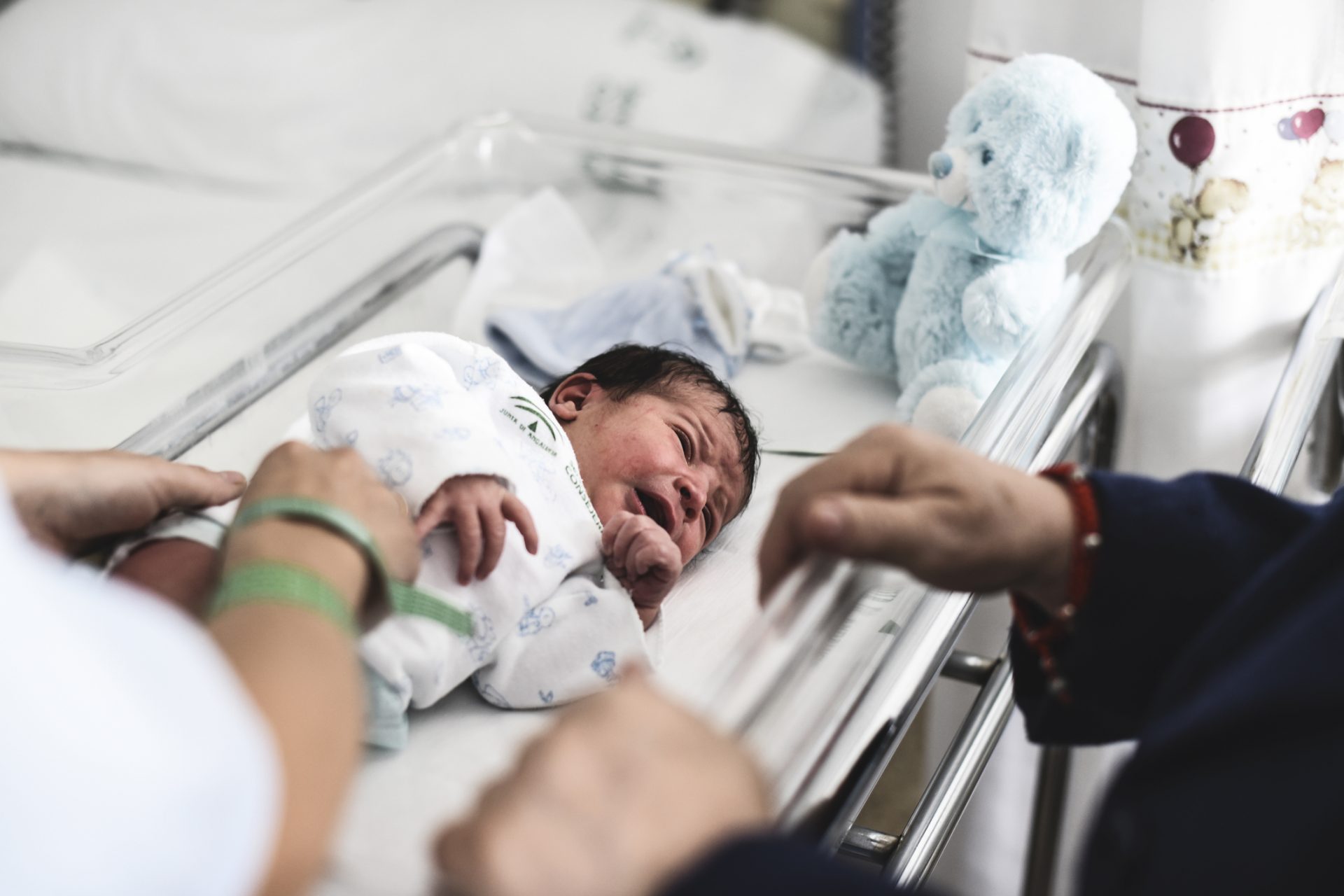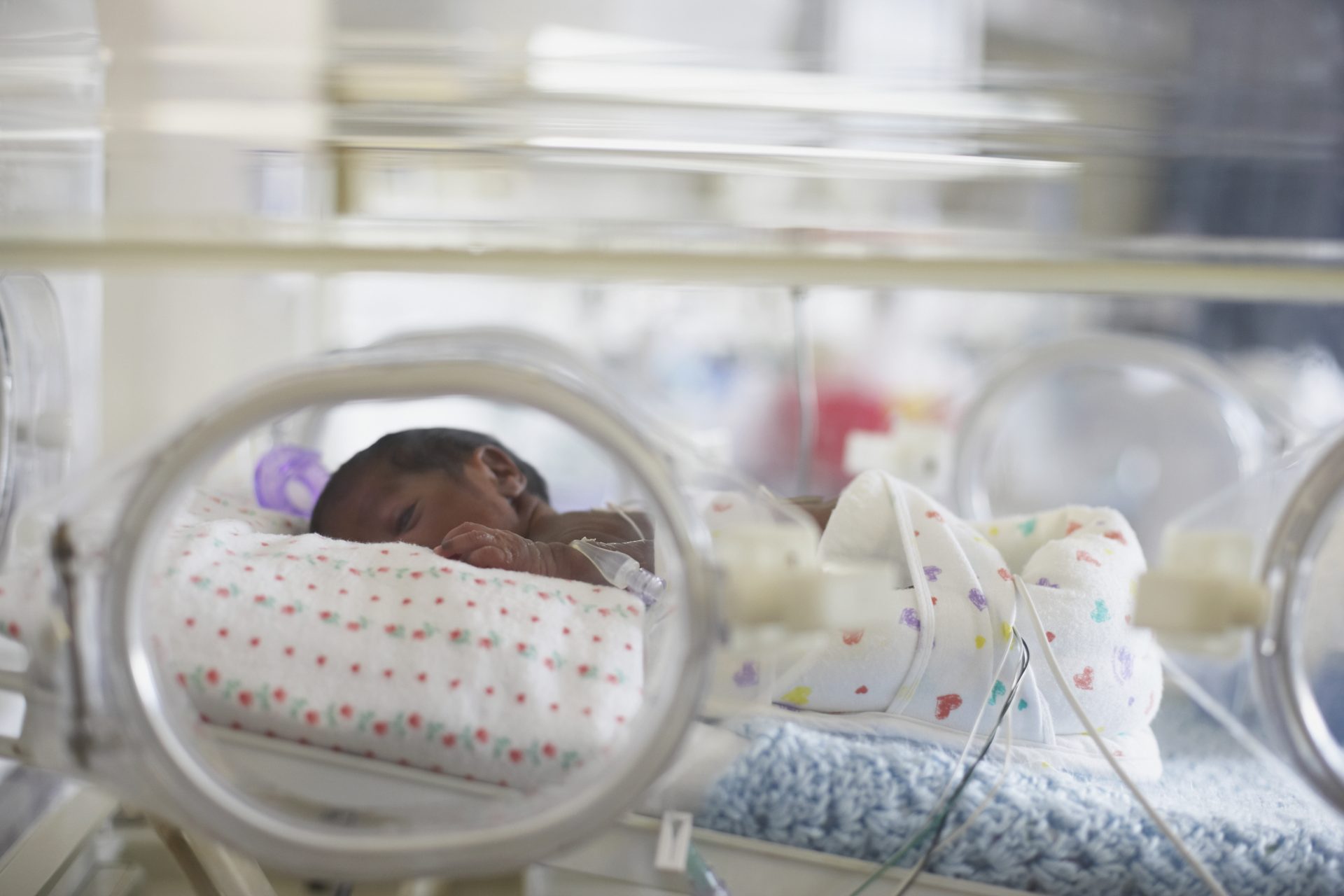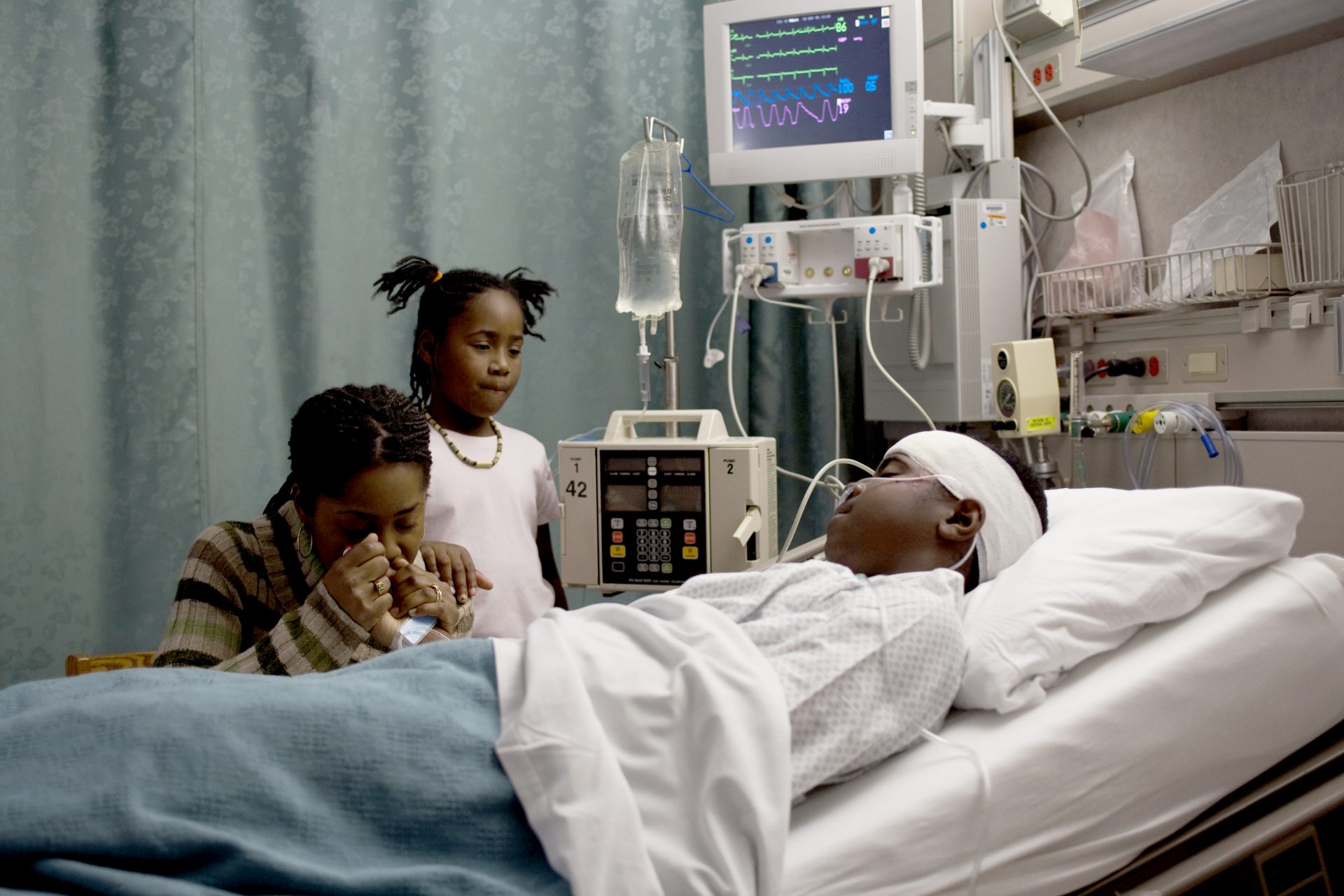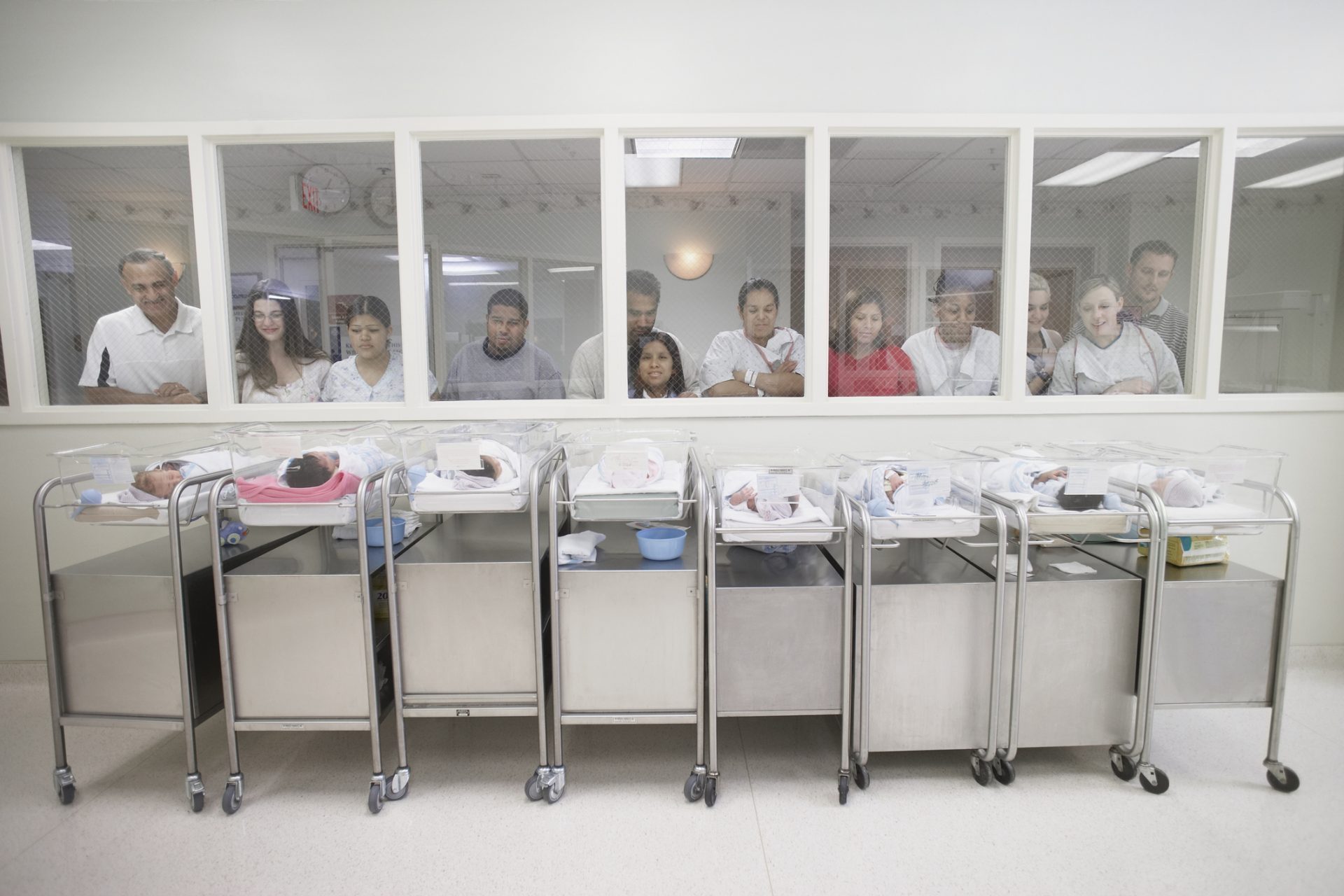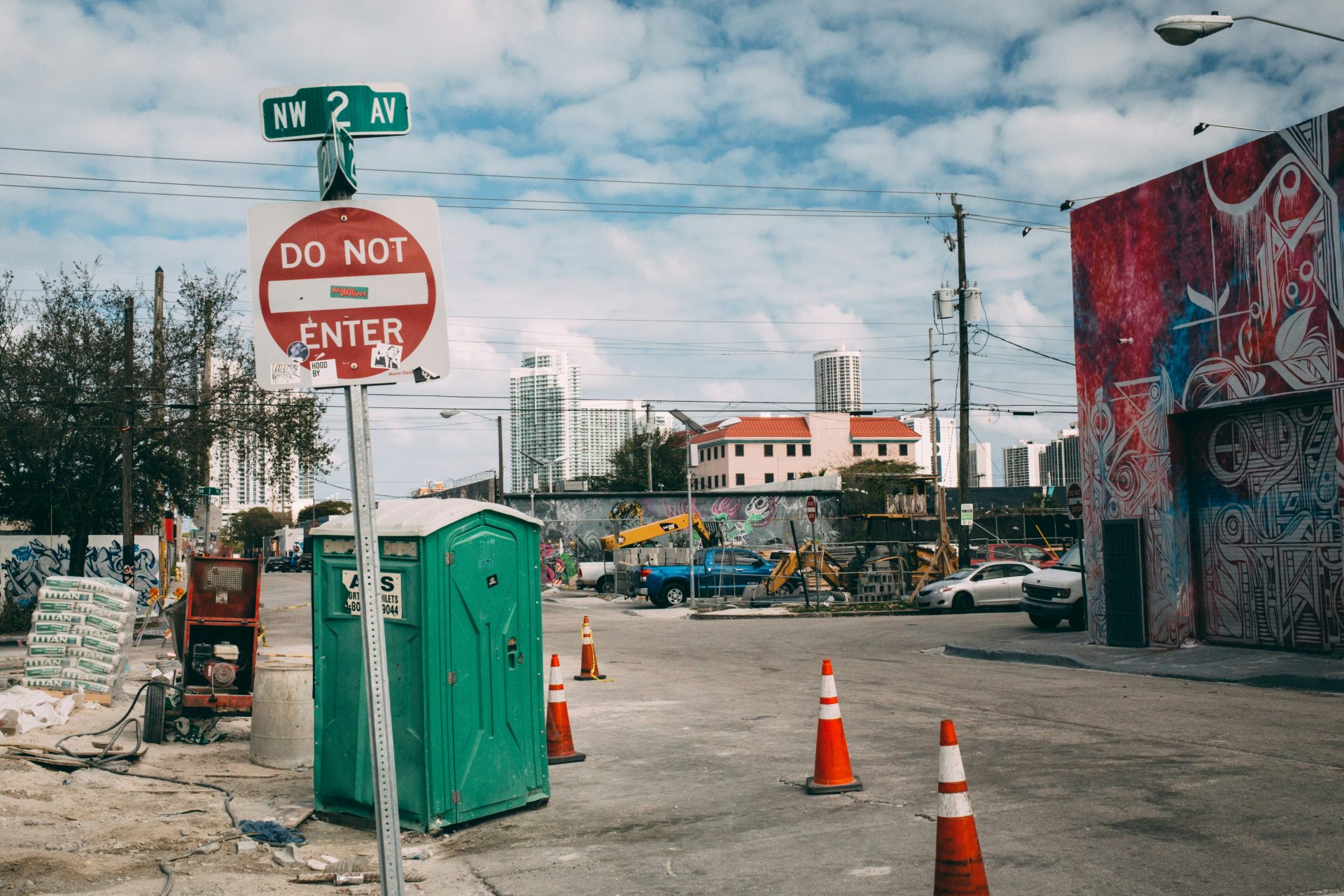Children of color face major healthcare inequalities study finds
New research has revealed the scope and scale of inequalities children of color face in pediatric care compared to their White counterparts. Everything from wait times and evaluations to treatments and end-of-life care was worse.
Published in The Lancet Child & Adolescent Health, researchers published a two-paper series investigating the wide-ranging issues children of color faced and proposed a few solutions that could help equalize pediatric care in the US.
"No matter where you look, there are disparities in care for Black Americans, Hispanic, Latinx, Asian Americans — pretty much every racial and ethnic group that's not white," study co-author Nia Heard-Garris told NPR about the issue.
The research revealed extensive inequalities existed across neonatal care, emergency medicine, and palliative care by looking at 5 years of studies that controlled for one’s health insurance status according to a press release on the research.
By limiting their examination to research that controlled for health insurance status, the researchers were able to uncover differences in quality of care that were not the result of a particular patient's lack of access to healthcare services.
Black and Hispanic infants received consistently lower quality of care than White infants in neonatal care according to the researchers while in primary care poor communication between health providers was a major problem for minorities.
Concerning disparities also existed in end-of-life care for minority children. Asian, Black, and Hispanic children were more likely to die in palliative care in the hospital than White children. But the differences in quality of care didn’t stop there.
Differences in wait times, as well as triage assessment and whether or not a child would be examined for abuse, were found in emergency medicine. The most striking issue that was uncovered was the difference in treatment for painkillers.
Photo by Greg Rosenke on Unsplash
Minority children were less likely to receive painkillers according to NPR’s Maria Godoy, who explained that children of color were less likely than Whites to get the medicine that could help manage the pain associated with broken limbs, appendicitis, and migraines.
"Those are some really severe examples of how this plays out," Dr. Monique Jindal, the lead author of the study, explained to Godoy about the inequalities they found. "Anyone who has their eyes open knows that the disparities exist.”
Disparities also existed in the diagnosis of developmental disorders, with both Blacks and Hispanics being less likely to get diagnosed before preschool, in mental health, which led to lower rates of adequate care for several disorders.
Photo by Siviwe Kapteyn on Unsplash
“From the very earliest moments of life, there are pervasive inequities in the quality of healthcare received by children in the USA,” said study co-author Dr. Natalie Slopen, a problem she added affected minority children into adulthood.
The researchers noted that several structural societal issues factored into inequalities in healthcare. Housing and neighborhood policies, economic and economic policies, and the criminal justice system were all linked to health outcomes.
Photo by Erik Zünder on Unsplash
Luckily, identifying the inequalities minority children face in healthcare can help us build solutions, and the authors of the research provided a wide range of ideas and possible policy solutions that could fix the inequalities of the health system.
Improving the social and economic conditions of communities through investment could benefit child health care while access to universal health care and standardization of administrative practices would deliver more equitable experiences.
“We must fundamentally rethink and redesign systems and policies, not only in healthcare but across the societal spectrum, to promote equitable, excellent health for all children,” said Dr Slopen.
Photo by Hush Naidoo Jade Photography on Unsplash
More for you
Top Stories






